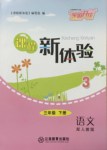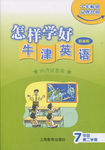题目内容
The murder was brought in, with his hands ___ behind his back。
A. being tied B. having tied
C. to be tied D. tied
练习册系列答案
 芝麻开花课程新体验系列答案
芝麻开花课程新体验系列答案 怎样学好牛津英语系列答案
怎样学好牛津英语系列答案
相关题目
题目内容
The murder was brought in, with his hands ___ behind his back。
A. being tied B. having tied
C. to be tied D. tied
 芝麻开花课程新体验系列答案
芝麻开花课程新体验系列答案 怎样学好牛津英语系列答案
怎样学好牛津英语系列答案